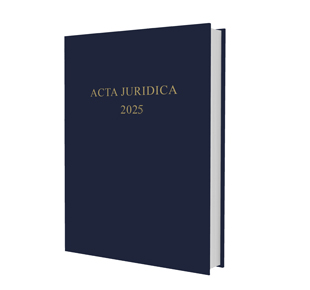Whither employment (and labour law)?

Whither employment (and labour law)?
Authors Abigail Osiki & Nicola Smit
ISSN: 1996-2088
Affiliations: LLB (Ibadan) LLM PhD (Cape Town). Senior Lecturer, Faculty of Law, University of Canterbury; Research Fellow, Department of Mercantile and Labour Law, University of the Western Cape; BLC LLB (Pretoria) LLD (Johannesburg). Professor of Law and Dean, Faculty of Law, Stellenbosch University
Source: Acta Juridica, 2025, p. 49-88
https://doi.org/10.47348/ACTA/2025/a3
Abstract
The legal and economic world for which labour law was traditionally designed has largely disappeared in the twenty-first century. Although the goals and purposes of labour law have not changed, it is in danger of becoming obsolete for most working people as employment, work and workplaces have undergone fundamental shifts. This contribution considers the changes that have occurred in the world of work and their impact on labour law and regulation by asking what status employment or work should carry in the future to improve the dignity, rights and autonomy of those who need them most. In considering the past and present iterations of employment (and labour law), while considering future adaptation, the following aspects are considered: the changing nature and scope of employment, collective rights and related concepts, the implications of such changes, emerging collaboration between different fields of law and policy, and recommendations for regulation to ensure the continued influence of labour law and its associated legal constructs (such as ‘work’).